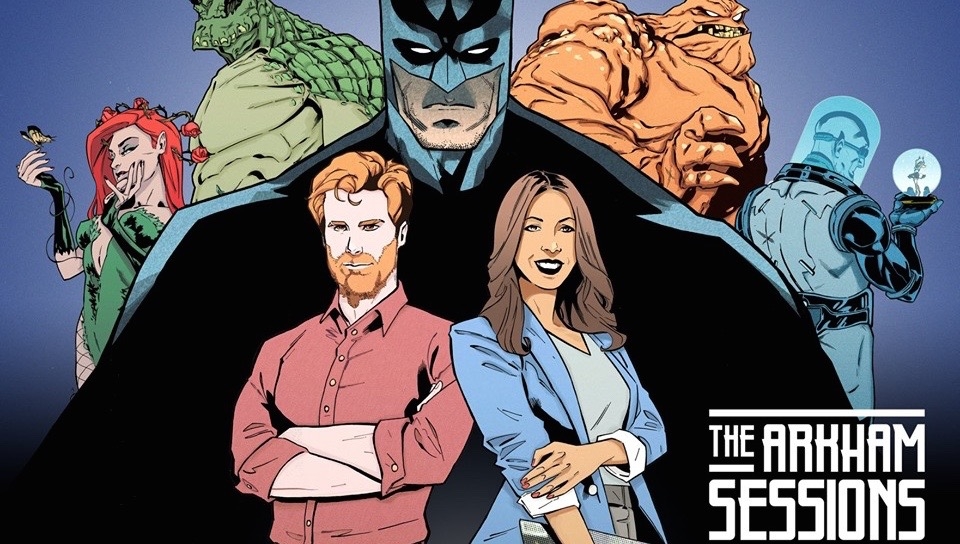The Arkham Sessions, hosted by Dr. Andrea Letamendi and Brian Ward, is a weekly podcast dedicated to the psychological analysis of pop culture, including Batman: The Animated Series, Steven Universe, the MCU, and Doom Patrol. Nostalgic, humorous, and even a little educational, each episode promises to lend some insight into the heroes, villains, and classic stories of the Dark Knight and more!
The Arkham Sessions, Ep. 178 – Guardians of the Galaxy, Vol. 2
Although we never see him in the film, Thanos is a vicious character who stands out as an abusive parent, felt throughout the arguments and battles between Gamora and Nebula. Drea explains the concept of Parental Differential Treatment; a common trait within parents to choose favorites among offspring. But when differential treatment happens with abuse in a family, the outcomes have cascading effects. One sibling in particular is targeted, picked on, marginalized, ignored. The other, caught in a bind to obey and “look the other way.” Thanos was specifically more punishing with Nebula, who consequently redirected her anger toward a more “suitable” target, her sister.
Rocket Racoon is constantly underestimated, but holds intellectual and emotional wisdom. A result of genetic experimentation, he’s learned to be gritty, self-sufficient, self-empowered, and refuses to be victimized. He looks like a pet, but belongs to no one.
Star-Lord (Peter Quill) finally meets his real father, but soon learns the man who has every quality Quill thought he valued–Ego, a powerful Celestial–simply doesn’t feel like “family.”
Ultimately, Guardians, Vol. 2 reflects the complexities of human bonds, that love without the contingencies of power and control is indeed possible, even found between the most unexpected people.
>
Have psychology-related questions about Batman? Write to us via Twitter, @ArkhamSessions, or on Facebook. Or visit our official website.
And, don’t forget to subscribe to The Arkham Sessions on Apple Podcasts to get all of the latest episodes! And, be sure to join us on Patreon.

